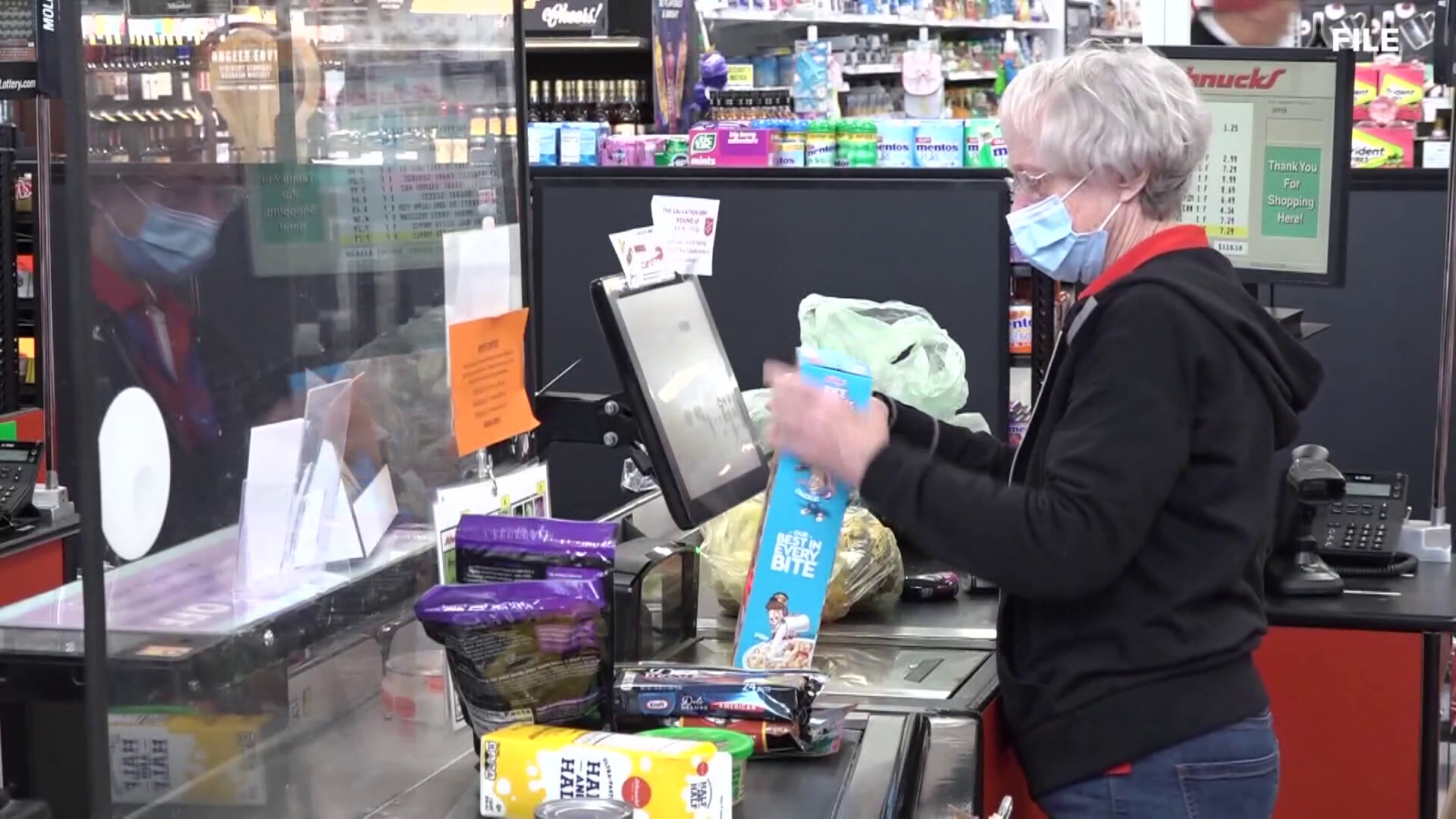MISSOURI, USA — Missouri voters approved Proposition A to increase the minimum wage and mandate sick leave, but now a coalition of state associations is planning to challenge the measure.
Missouri Proposition A raises the minimum wage statewide from $12.30 an hour to $13.75 on Jan. 1, 2025 and makes it $15 by 2026.
Starting in May, it also guarantees an hour of paid sick time for every 30 hours worked for up to five days for small businesses and seven days for large businesses.
“When we invest in workers, when we support their development and their success, they turn around, they spend those wages right back in our local restaurants, in our local coffee shops, in our local mechanics, and drive economic growth throughout the state,” Missourians for Healthy Families and Fair Wages Campaign Manager Richard von Glahn said.
But a coalition of groups including the Missouri Grocers Association, Missouri Restaurant Association and Associated Industries of Missouri are planning to challenge the new law.
Concerns around paid sick leave
Executive Director of the Missouri Grocers Association Dan Shaul said policies in the proposition could affect food safety as grocers.
“It'll take our ability to ensure our employees are healthy when they come to work under this initiative. We are no longer allowed to ask about the health and the well-being of our employees. And we find that to be a great concern of ours,” Shaul said.
Von Glahn said they as sponsors of the initiative believe employees are entitled to health privacy.
“It allows an employee to use time to care for mental health issues or it allows people to take paid time to deal with issues relating to sexual or domestic violence. We don't think employers should be able to interrogate exactly what you're doing or what the circumstances of your personal life are,” von Glahn said.
Ray McCarty, President and CEO of Associated Industries of Missouri, said he's worried people may take advantage of sick leave.
“This provision for example says that you may not require a doctor's excuse unless an employee uses three days or more of consecutive sick leave. So an employee could use two days of sick leave, come back to work for a few hours, then take the rest of the day off. And you can't require a doctor's note. In fact, you cannot even ask why the employee is calling in sick or why the employee is using sick leave. So those things really are a problem for employers who are trying to control the workforce that they have,” McCarty said.
Von Glahn disputes that argument as well.
“Most employers themselves probably don't get a doctor's note when they are sick. It's very difficult right now for people to get in to see a doctor and it often can cost a significant copay,” von Glahn said.
Concerns about higher costs
CEO of the Missouri Restaurant Association Buddy Lahl said this is going to raise prices and put the cost on the customer.
“What you're doing is raising the cost of goods on the consumer for everything. And we're already at a threshold of inflation that is almost unbearable. And you add thousands of dollars to a business owner from a regulation and all of a sudden they have no choice but to pass those costs on the consumer,” Lahl said.
McCarty said they also expect prices to continue to go up.
“I think all of us can remember, you know some time ago we didn't pay as much as we do now for the hamburgers at the drive-thru, but we're now paying a lot more for that,” McCarty said.
Von Glahn said data from multiple studies show raising the minimum wage does not equal raising the price.
“Raising the wages of the lowest paid workers is not what drives price increases. Someone going from $12.30 an hour to $13.75 so they can afford utilities and medication and rent at the end of the month is not driving a price increase, particularly when you look at CEO pay that is going up by millions of dollars,” von Glahn said.
Concerns around business closures and unemployment
The restaurant association said they're worried about how it will affect small restaurants.
“We operate on a very small profit margin and this is going to affect the restaurant's ability to stay open,” Lahl said.
He said he also worries this is going to speed up the process to replace workers with technology.
“You don't have to pay a computer or a kiosk to take an order or take your payment where you do have to pay the server. So technology is going to eliminate some of these jobs if the wage and the benefits outpace inflation,” Lahl said.
Von Glahn said they have data showing the opposite effect of raising the minimum wage
“We looked at Missouri compared to every neighboring state that didn't increase the minimum wage. And actually, Missouri's unemployment rate decreased faster than any of those other states. I can look at the data from the last time they said the exact same thing and just see that it isn't true,” von Glahn said.
Von Glahn said the initiative was supported by more than 500 businesses.
The coalition is looking into legal challenges through the courts and is also considering bringing it to the legislature which could make changes since this is not a constitutional amendment.

